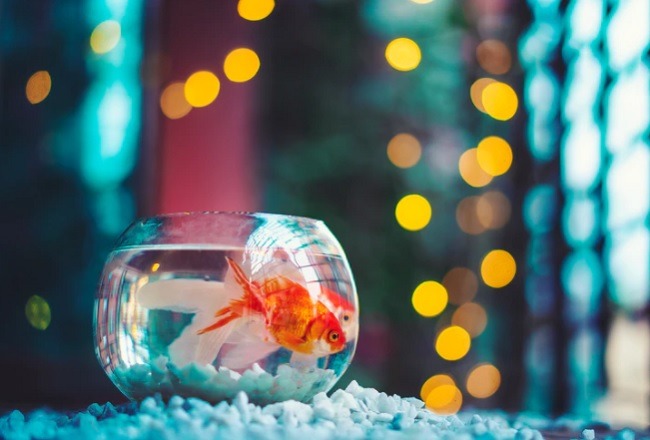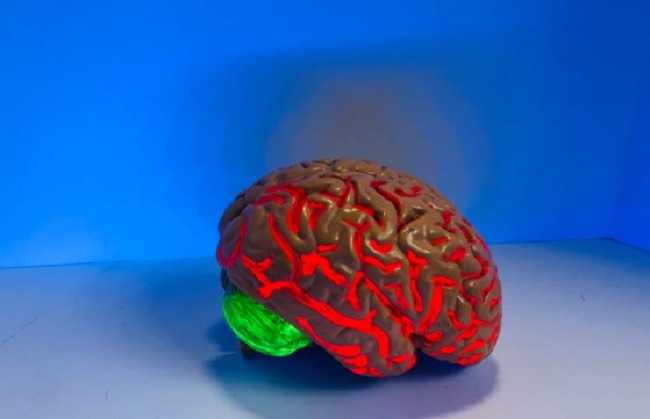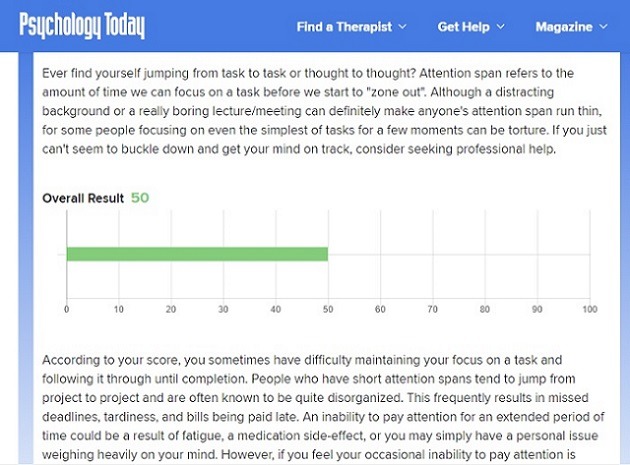Everyone gets distracted, but sometimes it may feel like it’s more than just a temporary distraction. Instead, it’s a difficult time focusing and paying attention. A short attention span is more common than you might think, even outside of diagnosed attention disorders. You don’t have to just accept it, though. Understanding how attention works and taking steps to improve it can help increase your attention span.
The Goldfish Attention Span Myth
If you’ve ever ran across the commonly referenced statistic that humans’ attention spans are only eight seconds, you’re not alone. That may be what encouraged you to research ways to increase a short attention span. However, that statistic isn’t true. Humans’ attention spans aren’t shrinking to less than that of a goldfish. In fact, goldfish don’t generally have attention span issues or memory problems.

Attention spans vary greatly depending on the task, the individual, and the situation. Trying to find a general rule for attention spans has proven difficult. One study found the average was ten minutes but went on to suggest the data wasn’t completely accurate.
Understanding Attention Spans
In order to increase a short attention span, you have to understand how attention itself works. Attention is a combination of focus and tuning out distractions. In order to communicate the need for the brain to pay attention to something, stimulated areas of the brain sync. By syncing, they’re able to communicate louder than the areas of your brain that notice distractions. Human nature is to pay more attention to what’s loudest, including in our own minds.

However, when those areas of your brain aren’t quite as excited, it’s harder to pay attention. Hence, why you have a shorter attention span when you’re bored. At the same time your brain is focused on paying attention, it’s also working to suppress surrounding distractions. It’s been proven that minimizing distractions is actually more effective than just focusing harder.
Information Overload
A large part of the short attention span problem is information overload. While it may seem like you can’t pay attention, the problem may just be there’s too much to pay attention to. For instance, if you’re trying to work but your phone’s dinging every few minutes, your attention is naturally divided, making it difficult to stay focused on any one task.

All this information has created an urge for something new all the time. This leads to difficulty staying focused as your mind craves that newness.
Attention Span Test

Do you really have a short attention span? Psychology Today has a test for that. It only takes a few minutes. You get a score based on your answers along with suggestions and possible causes. I landed in the middle, meaning sometimes I have trouble focusing, especially on repetitive tasks or in situations with multiple distractions. While the test isn’t exact, it does give you a little more insight into problem areas.
Increasing Your Attention Span
First of all, if your attention span is preventing you from working, maintaining relationships, and taking care of yourself, please seek professional help. This can be a sign of an attention disorder, depression, medication side effects, or other issues.
If you’d like to give your attention span a makeover, there are several ways to do it. There are even exercises to help your brain focus better.

Some of the top ways to increase a short attention span include:
- Meditation – Any form of meditation works well to gradually increase your attention span, even if it’s only for a few minutes at a time. It can also reduce emotional stressors that affect your attention.
- Exercise – Improving your physical health boosts your brain health too.
- Read more – If you’re struggling to pay attention, dedicate a set amount of time daily to reading without any distractions. Let yourself truly focus on the words and meanings. You can even write a short summary. This trains your brain and attention span over time.
- Chew gum – It’s simple, but it’s been proven to work.
- Eliminate distractions – Reduce any distractions you have control over, such as blocking out noises with headphones and shutting off phone notifications.
- Take breaks frequently – Even the best attention spans require frequent breaks for the best results.
- Drink tea – Black tea contains L-theanine (also available as a supplement), which has a host of benefits including increased concentration and focus.
- Stay hydrated – A common side effect of dehydration is the inability to stay focused.
It may take time, but you can increase a short attention span with effort. Schedule time for reading, exercising, and meditation into your day to reduce stress, improve your health, and increase your attention.
